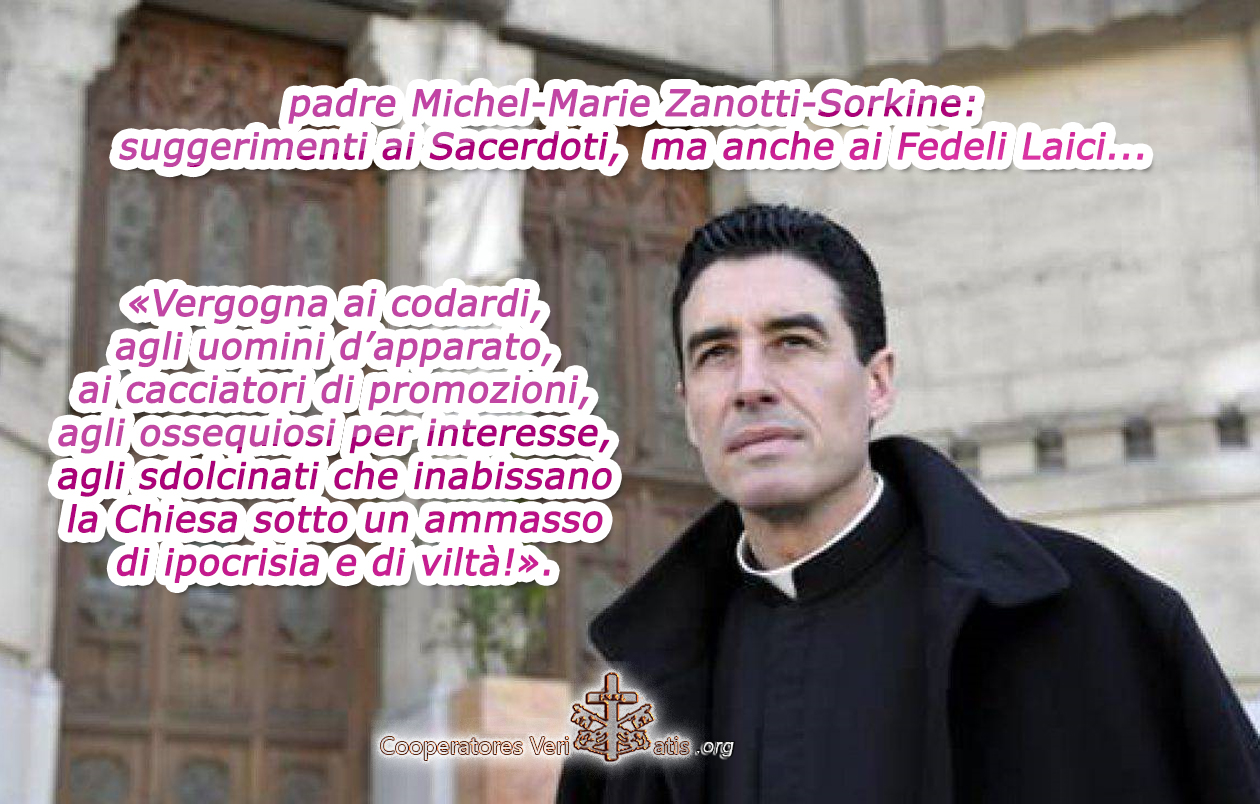 |
| All of the sciences are at the service of Lady Wisdom Who adores the face of Christ! |
Natural scientists (Neo-Darwinists) endow nature with the attributes of God, viz. appropriating for it the place of wisdom of the Old Testament.
"Josef Pieper...reminds us that, according to Sartre, human beings and things cannot have a nature. If they did, Sartre argues, there would have to be a God. If reality itself does not proceed from a creative consciousness, if it is not the realization of a design, of an idea, then it will always be a structure without firm contours, to be used as one will; but if there are meaningful forms in it that are antecedent to man, then there must also be a meaning that is responsible for their existence. For Sartre, the one unchanging certainty was that there is no God; therefore, there can be no nature. This means that man is condemned to a monstrous freedom; he must discover for himself with no norm to guide him what he will make of himself and of the world. At this point, the nature of the alternative with which we are confronted in the first article of the Creed should be growing gradually clear. The question is whether we accept reality as pure matter or as the expression of a meaning that refers to us; whether we invent values or must find them. On our answer depends the kind of freedom of which we must speak, for two completely different freedoms, two completely different fundamental attitudes toward life, are involved here...
"...Granted, God cannot be measured as we might measure some measurable object. Granted, too, there is no measuring without the intellectual context that links the measurer with the measured. But, for that very reason, this foundation cannot itself be measured; it is antecedent to all measuring. Greek philosophy expressed the thought in this way: The ultimate foundations of all proof, on which thought rests, are never measured; they are only perceived. But everyone knows that perception is something unique. It is not to be separated from the intellectual stance an individual has adopted during his lifetime. The deepest perceptions of man require the whole man. It is clear, then, that such knowledge has its own mode of existence. We cannot verify God as we would verify some measurable object. There is question here also of an act of humility; the acceptance of the fact that one's own intellect has been called by the eternal intellect. Counter to this is the desire for an autonomy that first invents the world and then opposes to the Christian humility of acknowledgment of being that other strange humility which despises being: in himself, man is nothing, and unfinished animal, but perhaps we can still make something of him...
"...For man, the key issue is not invention but conformity, attention to the justice of the Creator, to the truth of creation itself. That is the only guarantee of freedom."
Joseph Ratzinger, Principles of Catholic Theology, 72-73.
Cf. Benedict XVI Address to the Bundestag (e.g. "the ecology of man").































